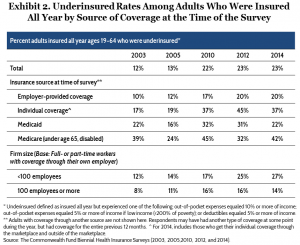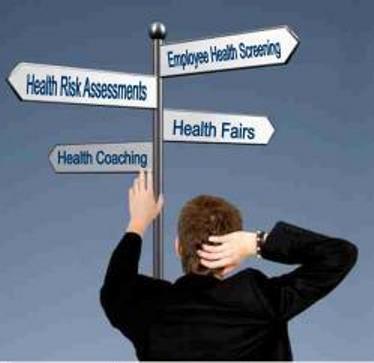Lots going on in the Consumer-Driven space these days.
AHIP released its latest version of the annual HSA enrollment census. The results are impressive, though still understated since they only received responses from 71% of the companies. It finds enrollment growth of about 15% every year, now reaching 17.4 million. Perhaps the most interesting aspect is the state-by-state breakdown of market penetration. The old Red State/Blue State divide does not hold up when it comes to market behavior. Some of the states with low enrollment include Mississippi, Alabama, and South Carolina, while some of the highest enrollments are found in Minnesota, Illinois, and Maine.
AHIP also released, along with the American Bankers’ Association, a report on HSA account activity. One notable tidbit from this report is the size of the contributions, both personal and from employers. The average personal contribution in 2012 was $2,337, and the average employer contribution was $1,142. Also interesting is that only 19% of all the accounts had $0 balances at the end of the year, indicating that most people are retaining funds in their accounts at least for future use, if not for long-term savings.
Dr. Ben Carson has become a passionate advocate for HSAs, seeing them as a viable alternative to much of Obamacare. An op-ed he wrote has been widely circulated.
Read More » »
 The Health Care Cost Institute has released its analysis of claims data for the years 2010 through 2014, examining consumer-driven health plans (CDHPs, which HCCI defines as High-Deductible Health Plans coupled with Health Savings Accounts or Health Reimbursement Arrangements). HCCI examines a database of claims submitted by Aetna, Humana, Kaiser Permanente, and UnitedHealthcare for their employer-sponsored group plans.
The Health Care Cost Institute has released its analysis of claims data for the years 2010 through 2014, examining consumer-driven health plans (CDHPs, which HCCI defines as High-Deductible Health Plans coupled with Health Savings Accounts or Health Reimbursement Arrangements). HCCI examines a database of claims submitted by Aetna, Humana, Kaiser Permanente, and UnitedHealthcare for their employer-sponsored group plans.



